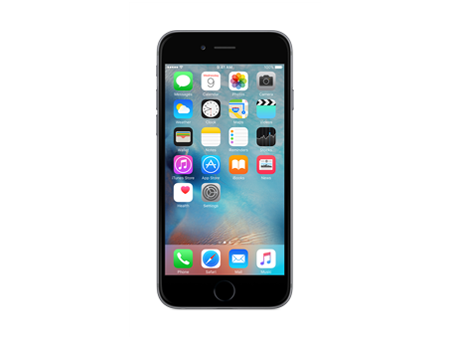As humans we like to think that we have complete control over our lives. “Land of the free and the Home of the Brave” are core fundamental values that just about every American has been raised on. This enhancing the idea of a society that is above an authoritarian oppression and one that has free will and range to do what they want. As we progress further into this new world we live in, the technology that we use in our daily lives also progresses.
The most simple yet complex item that has really made it’s impact on a grand scale in the past ten year to our generation is the cell phone. First introduced on April 3 1973, the cell phone has since stormed onto the market. A 2013 study has shown that in 2013, 91% of Americans owned a cell phone, with 56% owning a smart phone. Since then, that number has grown to “two thirds of American’s” owing a smart phone. The smart phone is really what has made this technology boom what it is. Not only does it give users the ability to text or call anyone in the world, but it allows us to connect to the internet, something we can use to check sports scores, election results, or our social media site (something itself that has made a huge impact in the new technology based world). This ability to communicate with anyone, anyway we want, and at anytime is truly an amazing thing. However, it’s this ability to 24/7 communication that can actually be harmful to a user.

Apples iPhone 6
This ability to alway be connected can cause a addiction affect on the user. Addiction is defined as “a condition that results when a ingest a substance or engages in a activity that can be pleasurable but the continued use/act which becomes compulsive” ( psychology today). Derived from the definition of addiction, this condition of addiction feeds on someones pleasure towards a object or an act. It is not surprising that cell phones (social media) and addition go hand and hand. A Web MD article published about this very topic shares that “computer technology can be addictive”. This can be seen with the amount of usage a cell phone gets in a given day. In the same WEB MD article, a study was discussed where ” 70%(of people) said they checked their cell phone within an hour of getting up, 56% said they checked their phone within an hour of going to sleep”. But really the most interesting is the “44% [of cell phone owners who] said they would ‘experience a great deal of anxiety’ if they lost their phone and could replace it for a week”. These people all experience some form or another of cell phone addition (with the extreme being the 44%).
This addiction to their phones can bein to consume the lives of the users. According to the same study, “people aren’t addicted to smartphones themselves as much as they are addicted to “checking habits'”. This is the need to constantly be in touch with what is happening in the little interactive world of the internet. These “checking habits” cause by certain “triggers” (like boredom) can cause an individual to begin to lose touch with the real world around them.
Addiction in life is a very serious problem. But unlike a addiction to a drug or drink, an addiction to ones cell phone is far less exclusive. There is no legal age limit on cell phones, they are not illegal. They are available to all who have the money to afford them. Due to the increasing mass of people who own these little metal addiction boxes, it is only fair to say that the dependance to these phones will also grow. At this point we really need to think and ask, will run our lives in the further or will cell phones?
